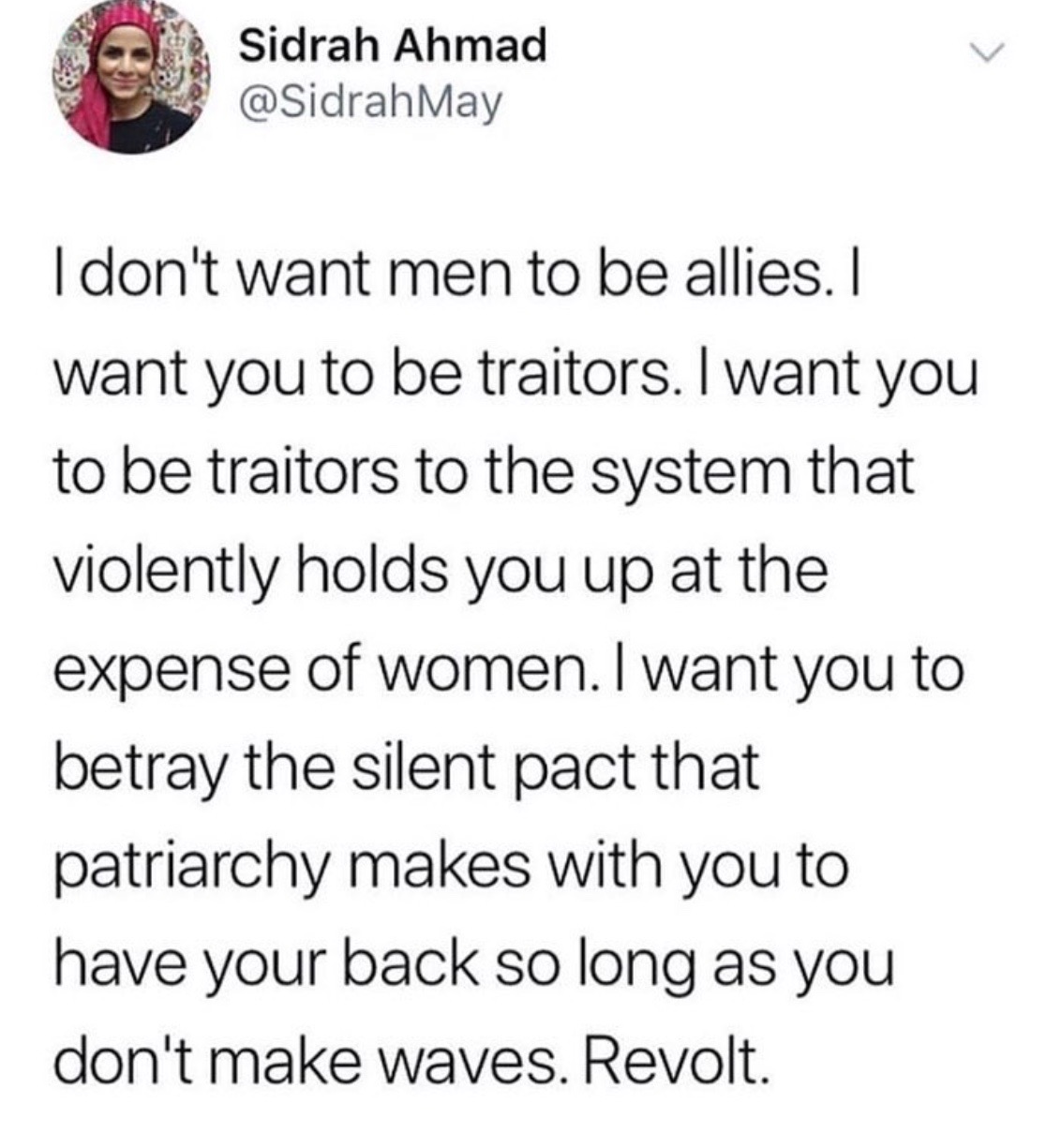Like many, I’ve been watching the ongoing developments about the future of the United States Supreme Court, and it’s clear to me the process is highly politicized, convoluted, and in no uncertain terms, very dysfunctional. No matter what political beliefs you hold, I imagine nearly everyone can agree the process has been hard to watch. Hard to stomach.
Setting all of the politics and the high dysfunction aside for a moment, I find it interesting to consider how things would play out if Brett Kavanaugh (or someone like him) applied for a job at my company. Here goes.
We have a deep, lengthy application and vetting process for job candidates at Marmoset. Maybe an understatement? It goes something like this:
Step 1: our HR Team reviews and vets candidates, narrowing things down to the top 20 or so. We’re pretty methodical with our application requirements, asking applicants to write an essay and speak to a variety of specific topics, giving us plenty to take in and consider.
Step 2: the CEO further reviews and vets the top 20 or so candidates, digging deep into the realm of Purpose and Core Values alignment, narrowing things down to the top 5-10 candidates.
Step 3: the Team Leader for the role reviews and vets the remaining candidates, beginning with brief, introductory phone interviews.
Step 4: If you make it past the phone interviews, the next step is a first round of in-person interviews, focusing solely on alignment around our Purpose, our Core Values, and our Virtues. These are group interviews, with candidates appearing side-by-side with other candidates in groups of three — sitting across from three Marmoset employees. The Marmoset employees are selected from a variety of teams and roles, selected for their exemplary demonstration of exhibiting Marmoset’s Purpose, Core Values, and Virtues. Yes, three candidates on one side of the room and three Marmoset employees sitting across from them. It’s a fascinating human experiment. And we use score-carding to be as objective as possible, trying to remove gut feelings and “the feels” from the process.
For almost an hour, these six people engage in a variety of intentional questions and conversations. Then the three Marmoset employees each post up in different rooms, while the candidates do a round-robin rotation, spending about 20 minutes with each of them. Upon completion, the candidates go home and the Marmoset staff debrief together, led by our HR Director, comparing each person’s notes and score cards, eventually answering the question of whether or not they’d recommend each of the candidates to continue forward in the process. Some candidates move forward, some don’t.
Step 5: Next, we have a second round of similar in-person interviews, this time focusing on the specifics and functions of the actual role. These also happen as a group interview, again interviewing candidates in groups of three, interviewing with three Marmoset employees who work on the team we’re hiring for. As always, we use score-carding to be as objective as possible. Some move forward, some don’t.
Step 6: The final step in our process is identifying finalists and meticulously checking their references. Sometimes we end up with as many as 3 finalists, though often it’s one or two. If you succeed the reference checks, the Team Leader (hiring manager), with input and support from the HR Director, makes their case for their top candidate, and the CEO make the final approval.
Clearly we subscribe to the “be slow to hire” approach. And in case it’s not clear, at my company Core Values and Virtues trump talent and experience. This has been paramount to our success in hiring some of the best people on the planet. Props to Patrick Lencioni for teaching me that. His books The Five Dysfunctions of a Team and The Ideal Team Player are leadership masterpieces for getting super clear about people.
It’s also worth noting, that throughout our entire application and candidating process we work to follow the Topgrading methodology, using score-carding of candidates in an attempt to be as objective as possible, in what can often be a “feeling-based,” subjective process. I’m also a big fan of hiring methods outlined in the book “Who” by Geoff Smart and Randy Street.
Okay. So if Brett Kavanaugh was a candidate for a role at Marmoset, he probably wouldn’t make it through the first two steps of our process, because “humility” is one of our Core Virtues, and clearly Mr. Kavanaugh doesn’t rate very high in terms of humility.
But if he did somehow make it to the third step of our process — the phone interview, I can’t imagine any of our Team Leaders (who’d be hiring for the role) would approve of him, as he clearly comes off as arrogant, angry and entitled. We’ve all witnessed this on live TV. RIght? These qualities would not be welcome at our organization.
That said, if he somehow found some way to “perform well” for the phone interview, there’s no way he’d survive the in-person group interviews, because… well, because we’ve all seen how he does in person. Enough said.
Now let’s skip to the end of our process, and just for fun, let’s hypothetically say that somehow, by miracle or otherwise, Mr. Kavanaugh makes it to the reference check part of the process. And now let’s insert the real life scenario of candidate Kavanaugh — someone shares an allegation of sexual assault. And then, not just one person, but more people speak up, sharing similar allegations and experiences.
Clearly, this is a no-brainer. I don’t care how qualified or talented someone is — if you’ve got sexual assault allegations of any kind, you’re done. Arrogance, anger, entitlement and politics aside — it’s game over the second someone mentions sexual assault. No judge or jury or due process needed. Remember, this is a job interview — not a court of law. Nothing needs to be proven here. If one single person, let alone several people, come forward to share experiences of sexual assault, you’re not getting the job. You’re not getting any more of our time. Byeeeeee.
So why on Earth is an asshole like Brett Kavanaugh being considered for the United State Supreme Court?
Good question. Sadly, I think the answer is best summed-up here.
If you don’t have 5 minutes to read the essay, here’s the jist of it:
“On Thursday, a man who has been accused of sexual misconduct by two women, and who has been nominated for a position on the Supreme Court by a President accused of sexual misconduct by twenty women, will attempt to persuade eleven Republican men that he deserves that position—a position that would give him the authority to help decide, among other things, what options are available to women if they get pregnant after being sexually assaulted.”
The sad, discouraging truth of the matter is, the white supremacy patriarchy still stands strong in the United States of America. For now anyways…
Which brings me to this brilliant Tweet a friend shared with me this week:
Let’s revolt.
- RW


